Sacred and the Profane: A Pioneering Study of Religion
“The Sacred in the Profane” is a significant early work in the academic study of religion. Unlike approaching religion as an unquestionable truth about the universe, the book delves into its exploration as an academic subject. If you have taken a religion 101 class in college, chances are you encountered Eliade’s work. While the book may feel dated in some parts due to its age, it still offers valuable insights into the human tendency to create order out of chaos, which is the essence of religious beliefs.
Ordering the Universe: One of the fascinating concepts explored in the book is our innate inclination to establish order within our lives. Religion serves as a centralizing force that defines our identity, purpose, and the boundaries of our existence. It creates a sphere where everything within is considered part of ourselves, while everything outside is separate. Whether it’s our connection to a community, a family, a church, or a tribe, these affiliations help us find meaning and make sense of the world.
Studying Aboriginal Tribes in Australia:
To better understand the formation of religious ideas, Eliade delves into the study of Aboriginal tribes in Australia. These tribes, having had no contact with the Western world, offer a unique perspective on religious development in isolation. The Aboriginal tribes in Australia live a nomadic life, as the harsh environment necessitates constant movement. Without the influence of external groups, their religious ideas emerge purely from within their cultural framework.
The Significance of the Stick:
One captivating aspect observed among the Aboriginal tribes is their use of a stick as a symbol of order and guidance. Each tribe possesses a stick that represents their history, accomplishments, and collective identity. The stick serves as a tent pole during the night, symbolizing their unity. In the morning, when the stick falls, it indicates the direction they should travel. The stick becomes a compass guiding their daily actions and decisions, offering a sense of purpose and order.
Eliade’s Interpretation of the Aboriginal Stick:
Mircea Eliade, in his study, recognizes the profound significance of the Aboriginal stick. He interprets the stick as a representation of the tribe’s entire worldview and way of life. It encapsulates their history, values, and beliefs, providing a tangible connection to their cultural heritage. The stick serves as a focal point for the tribe’s collective identity, a physical embodiment of their spiritual and social order.
Order and Chaos in Human Life:
The book highlights the profound connection between religion and the human need to find order in the face of chaos. It prompts readers to reflect on their own organizing principles, the concepts that provide structure and meaning to their lives. Drawing upon depth psychology principles, such as those found in Jungian psychology, the author encourages individuals to explore their own personal “stick” and examine how it shapes their perception of reality and influences their life choices.
Relevance for Therapists and Psychology Enthusiasts:
“The Sacred in the Profane” holds significant relevance for therapists, psychologists, and individuals interested in comparative religion and depth psychology. It offers a foundational perspective that has influenced renowned thinkers like Joseph Campbell and Michael Mead. By understanding the ways in which religion shapes our lives and constructs our sense of order, therapists can utilize this knowledge to help individuals navigate their own beliefs and find a greater sense of meaning and purpose.
“The Sacred in the Profane” by Eliade Mercado is a thought-provoking study that delves into the academic exploration of religion. By examining the Aboriginal tribes in Australia, Eliade sheds light on the universal human need to find order in chaos and how religion serves as a centralizing force. Therapists, psychologists, and enthusiasts of comparative religion and depth psychology can gain valuable insights from this foundational text.
Did you enjoy this article? Checkout the podcast here: https://gettherapybirmingham.podbean.com/
Eliade, Mircea. The Sacred and the Profane: The Nature of Religion. Translated by Willard R. Trask, Harcourt Brace Jovanovich, 1959.
How the Shadow Shows up in Dreams


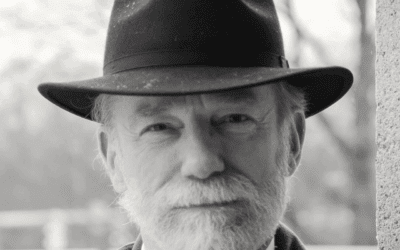
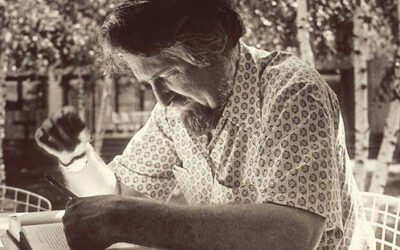







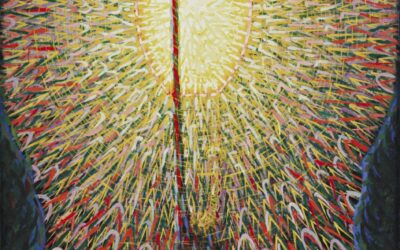
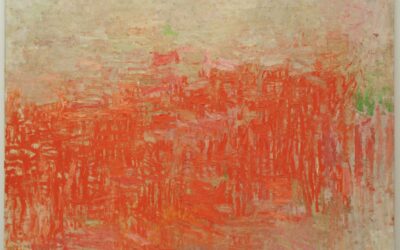
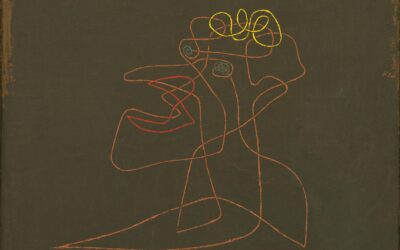
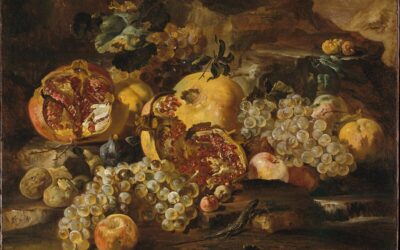

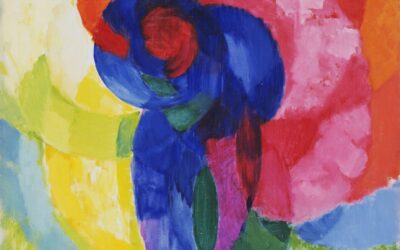
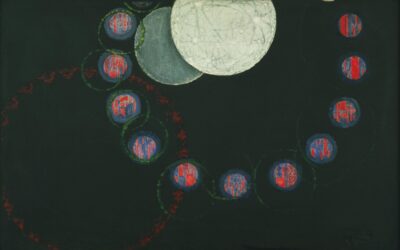
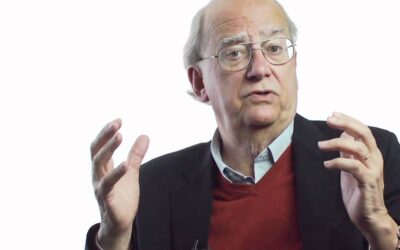
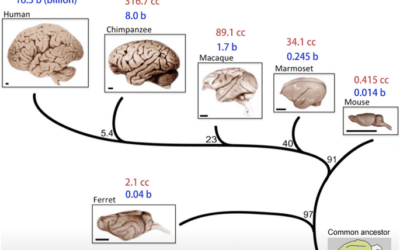

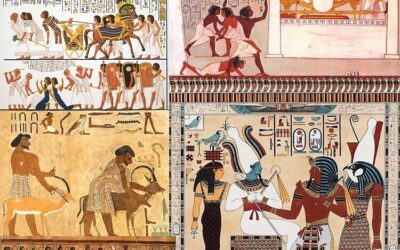
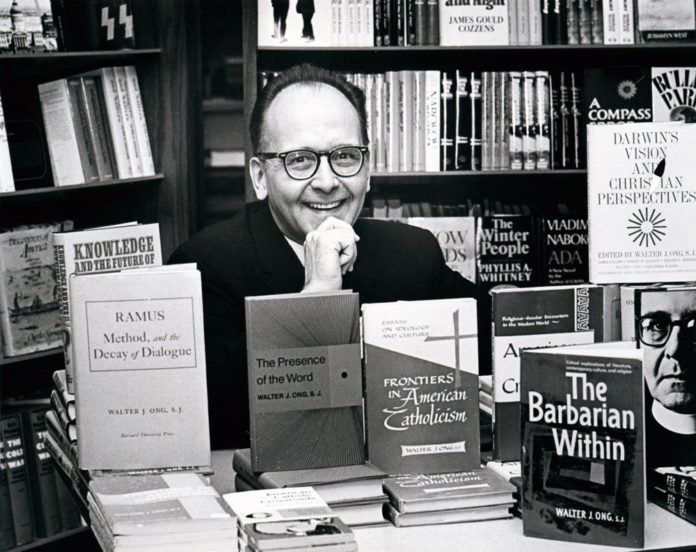
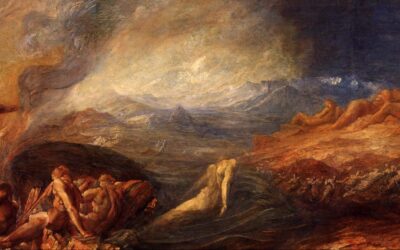

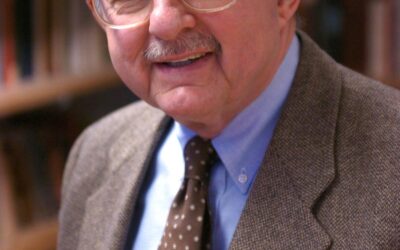
0 Comments